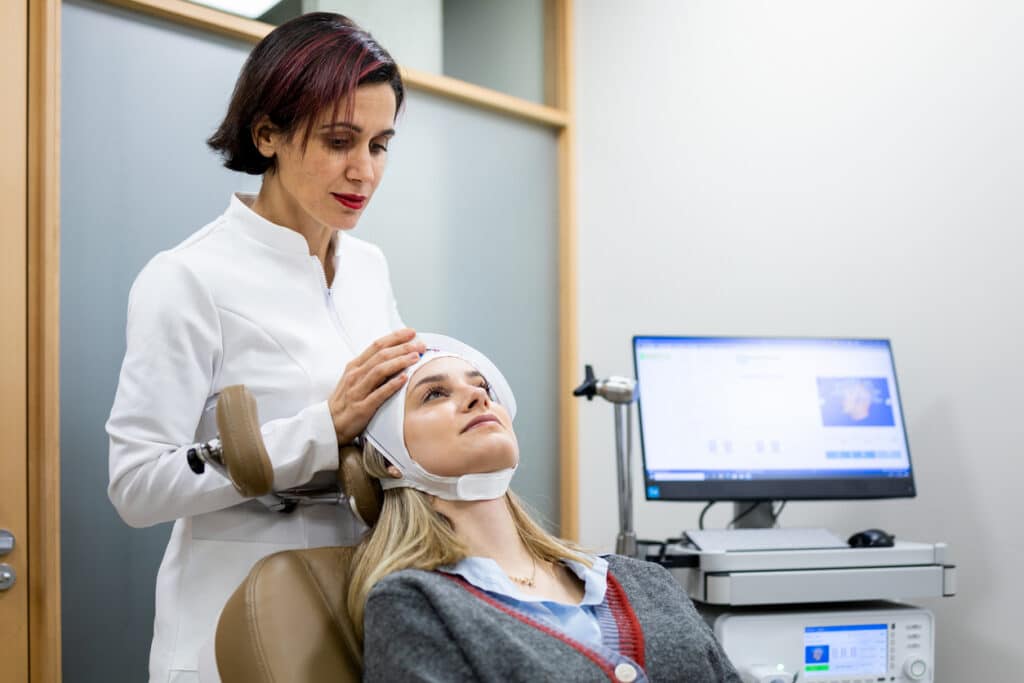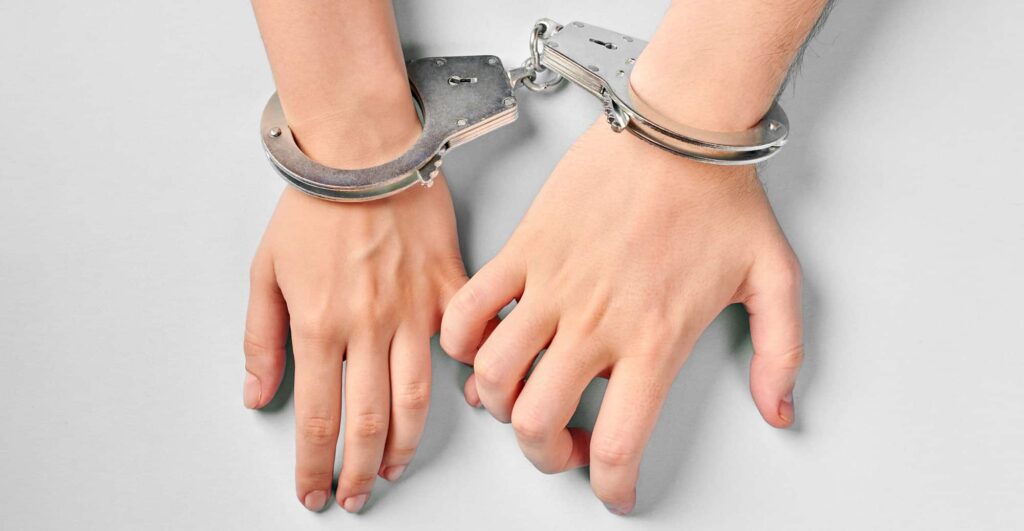Note: This article was originally published in the Fall 2005 issue of MeadowLark, the magazine for alumni of The Meadows.
Kathleen O’Brien, LCSW
“I want to change, but I don’t know how.”
How many times have you heard yourself utter these very words? Most people come to counseling knowing that their lives need to change, but they often don’t feel confident enough in their abilities to make that happen.
Confusion about what’s most important can lead, at the very least, to poor choices and mildly co-dependent behavior and, in the extreme, to serious addiction problems.
It doesn’t work for us to behave in ways that go against our own values. We can suffer depression and/or anxiety when we ignore what we believe to be most important. We then “treat” our unhappiness with self-destructive behaviors, such as dysfunctional relationships, substance abuse, irresponsible spending, and so forth. One poor choice leads to another, and soon we find ourselves at the bottom of a very deep hole.
That downward spiral is daunting, to say the least. My experience both personally and professionally has shown me that, in order to make a significant life change, we need to remember who we are, i.e. to have clarity about what we value most.
The truth is that most people know intuitively what is most important to them. When a client finds herself in a predicament, I ask what she would tell a son or daughter to do in the same situation. Almost without fail, she has an instant answer for the problem at hand. It’s as though she can access her wisdom for someone else’s benefit (especially her child’s), but not for her own. It’s not that she doesn’t know the answer; she just doesn’t feel entitled to act on her own behalf. As a result, she usually doesn’t develop the skills necessary to get her needs met in a healthy way.
Take a few moments to ponder the following:
- If it did not matter what other people thought, what would you do differently in your life?
- If you knew for certain that you had only a limited time to live (by the way, this is always true), how would you spend that time?
- If you were to die tomorrow, how would your obituary read? Think about what you would be remembered for at this point in time. Who would mourn your passing? What would have been your greatest contribution to the world?
The point here is to focus on remembering who you are. Pia Mellody calls this “remembering that you are precious.”
Over the years, I’ve tried many techniques to help clients clarify how they feel and what they value. I call this “accessing one’s own wisdom.” Here are some techniques I’ve found helpful:
- Write about it. Keeping a daily journal makes it next to impossible to fool yourself for long. There is nothing like hearing yourself complain day after day to get you moving. I speak from experience on this one!
- Consider the best and worst possible outcomes. If the worst happened, how would you deal with it? If you have trouble here, ask yourself what you would tell someone else to do. Sometimes people get stuck because they believe that it’s abnormal to experience pain. They think that life is supposed to be happy all the time. Part of becoming an emotionally mature adult is learning to endure the normal pains of life without resorting to addiction.
- Define what you consider to be universal values. These are the so-called “bottom line” ways of being in the world, e.g. honesty, family, health, integrity, adventure, friendship, love, success, etc. Once you have your own list, take a look to see how closely you are living according to these values. Do your actions match what your heart and mind tell you to do?
- What would other people be surprised to know about you? This is a powerful question to ask yourself – and often very revealing. The answer may offer clues about what you really value.
- Ask someone you trust to write a eulogy for you. It is interesting to get a peek into how others see you.
- Make a collage. Go through old magazines and find pictures that appeal to you; it doesn’t matter why you find them appealing. Trust that your unconscious is leading you to discover more information about yourself. When you find these pictures, rip them out and paste them onto poster board. Place the collage in a place you will see often. What does it tell you about yourself?
- Get away from your problems for a while. Distance can give us a different perspective. Rent a funny movie. Do something physical, such as walking, running, hiking, etc. Experience the nurturance available in nature. A walk on the beach or in a forest can expand perspective and lead to inner calm.
- Look at what you like to do for fun. The way you spend your free time (and your money) can tell you a lot about what you find important.
- Think about how your ideal life would look. Where would you be? What would you be doing? Who would be in your life? Ask yourself why you aren’t doing these things. Try to own the choices you’ve made. It is easy – but not particularly useful – to blame others when it comes to change. How do you want to do things differently? Who might help you?
- Try acting as if you feel confident and competent. What stops most people are negative attitudes such as futility (“nothing ever works anyway”) and fears, including the fear of failure. In reality, we are limited mostly by what we believe is possible. Expect a lot from yourself (and others, too). Define for yourself what your “best effort” would be. Are you doing that? If not, why not?
- Meditate! Use meditation to access your own spirituality. This is not about religion, but about accessing that part of you that needs to connect to your inner self. There is no single way to do this. A class can help you get started. Some medical insurance companies offer meditation classes to help improve health and general well-being.
In conclusion, remember that the way to heal yourself is to know who you are and to live according to what is true for you. When a person acts in truth, it resonates down to the cellular level. You’re your own best healer!



